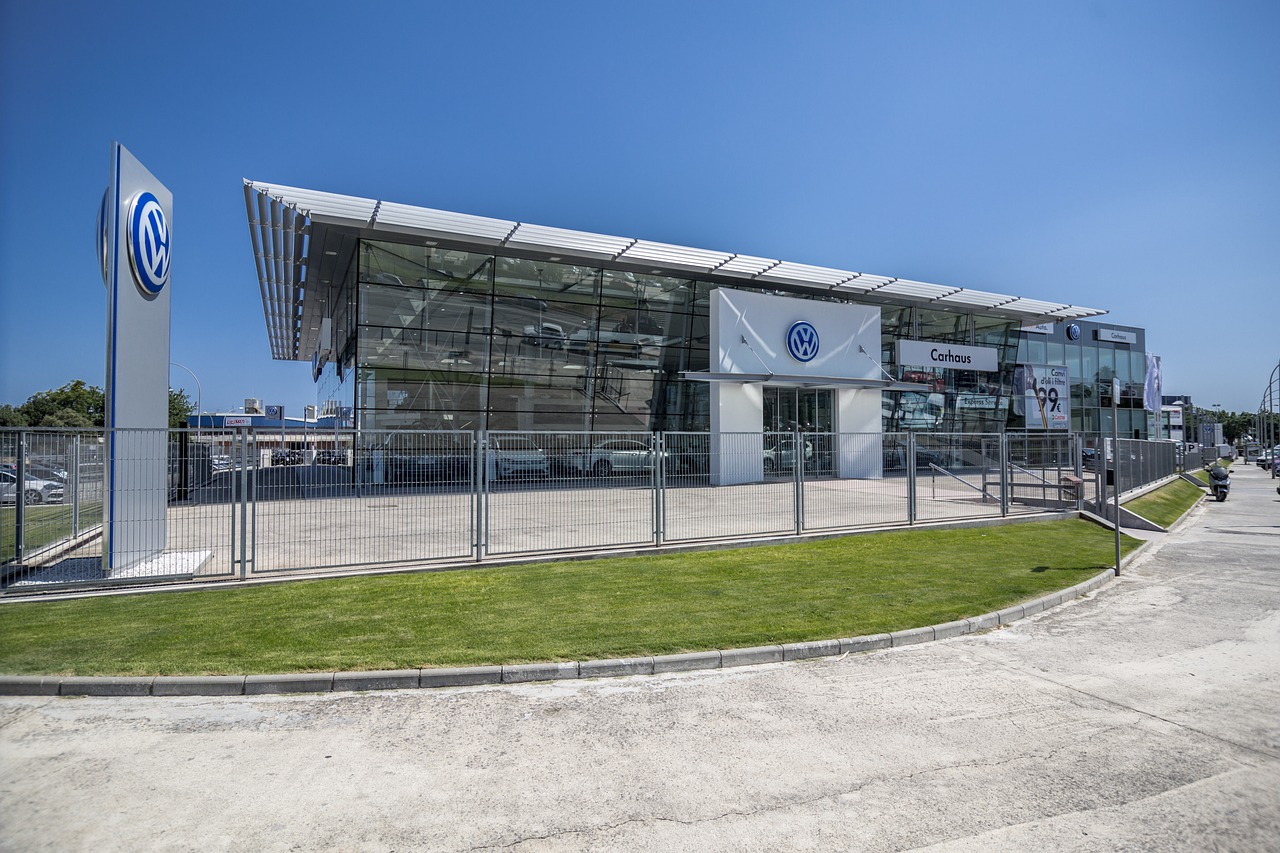The Impact of Climate Change on Car Production: Skyexch, World777, Goldsbet login
skyexch, world777, goldsbet login: The Impact of Climate Change on Car Production
Climate change is one of the most pressing issues facing our world today. From rising temperatures to extreme weather events, the effects of climate change are being felt across the globe. One industry that is particularly susceptible to the impacts of climate change is the automotive industry. Car production, in particular, is facing numerous challenges as a result of climate change. In this article, we will explore the ways in which climate change is impacting car production and what the industry is doing to adapt.
Rising Temperatures and Extreme Weather Events
One of the primary ways in which climate change is impacting car production is through rising temperatures and extreme weather events. As temperatures continue to rise, the demand for air conditioning in cars is also increasing. This puts additional strain on the production process, as manufacturers must ensure that their vehicles are equipped to handle the heat.
In addition, extreme weather events such as hurricanes, floods, and wildfires can disrupt car production facilities and supply chains. For example, a hurricane could damage a factory, leading to delays in production. Similarly, a flood could wash out roads or railways, preventing essential parts from reaching the assembly line. These disruptions can have a significant impact on the production of cars, leading to delays and increased costs.
Supply Chain Disruptions
Climate change is also impacting car production through supply chain disruptions. As extreme weather events become more common, suppliers are facing challenges in sourcing essential materials and components. For example, a drought could impact the production of rubber, leading to a shortage of tires for vehicles. Similarly, a flood could disrupt the production of steel, causing delays in the manufacturing process.
To mitigate these risks, car manufacturers are increasingly looking to diversify their supply chains and source materials from multiple locations. This helps to reduce the impact of climate-related disruptions and ensure a steady supply of materials for production. Additionally, manufacturers are investing in new technologies, such as 3D printing, to create more resilient supply chains that are less susceptible to climate change impacts.
Regulatory Pressures
Another way in which climate change is impacting car production is through regulatory pressures. As governments around the world implement more stringent climate change policies, car manufacturers are facing increasing pressure to reduce their carbon emissions. This includes not only reducing the emissions produced by their vehicles but also the emissions generated during the production process.
To meet these regulatory requirements, car manufacturers are investing in new technologies and processes to reduce their environmental impact. This includes developing more fuel-efficient vehicles, using lightweight materials, and transitioning to renewable energy sources in their production facilities. By taking these steps, manufacturers can not only comply with regulations but also reduce their overall carbon footprint.
Consumer Demand for Sustainable Vehicles
In addition to regulatory pressures, car manufacturers are also facing increasing consumer demand for sustainable vehicles. As awareness of climate change grows, more consumers are looking to purchase environmentally friendly cars that have a lower impact on the planet. This has led to a shift in the market towards electric and hybrid vehicles, which produce fewer emissions than traditional gasoline-powered cars.
To meet this demand, car manufacturers are investing in the development of electric and hybrid vehicles and expanding their production capacity for these models. This requires significant investment in new technologies and infrastructure, as well as retraining workers to adapt to the changing production processes. By meeting consumer demand for sustainable vehicles, manufacturers can not only stay competitive in the market but also contribute to reducing the overall impact of climate change.
Investment in Innovation and Research
To adapt to the impacts of climate change, car manufacturers are investing in innovation and research to develop new technologies and processes that are more resilient to climate-related disruptions. This includes investing in renewable energy sources, developing new materials that are more sustainable, and using artificial intelligence to optimize production processes.
By investing in innovation and research, car manufacturers can stay ahead of the curve and ensure that they are prepared for the challenges posed by climate change. This not only helps to future-proof their businesses but also allows them to lead the way in developing sustainable solutions for the automotive industry.
Conclusion
In conclusion, the impacts of climate change on car production are wide-ranging and significant. From rising temperatures to extreme weather events, supply chain disruptions, regulatory pressures, and changing consumer demand, car manufacturers are facing numerous challenges as a result of climate change. However, by investing in innovation and research, diversifying supply chains, and developing sustainable vehicles, manufacturers can adapt to these challenges and ensure the long-term sustainability of their businesses.
FAQs:
Q: How can car manufacturers reduce their carbon emissions?
A: Car manufacturers can reduce their carbon emissions by developing more fuel-efficient vehicles, using lightweight materials, transitioning to renewable energy sources, and investing in new technologies that reduce emissions during the production process.
Q: What are some sustainable practices that car manufacturers can implement?
A: Car manufacturers can implement sustainable practices such as recycling materials, using renewable energy sources, reducing waste, and investing in green technologies to minimize their environmental impact.
Q: How can consumers contribute to reducing the impact of climate change on car production?
A: Consumers can contribute to reducing the impact of climate change on car production by choosing to purchase electric or hybrid vehicles, supporting companies that prioritize sustainability, and advocating for policies that promote environmentally friendly practices in the automotive industry.







